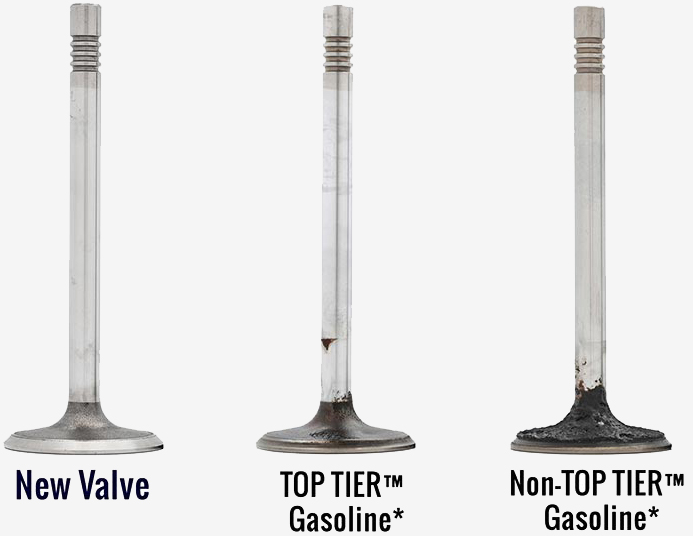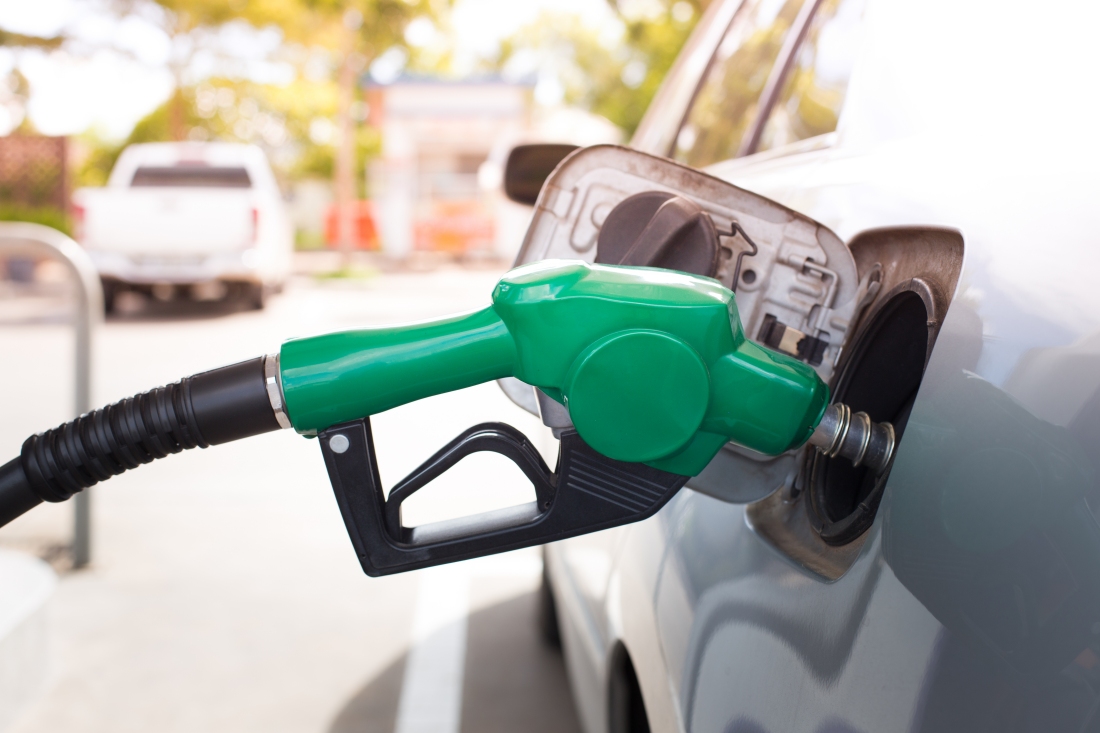The American Automobile Association, best known as AAA (pronounced "Triple A"), has concluded that "top tier" gasoline is worth the extra amount of money it costs versus regular fuel. But what exactly is top tier gas and why should you care?
Developed in 2004, top tier gasoline is a term used to refer to gasoline that has been treated with detergent additives designed to protect engines from carbon buildup and deposits that collect on the intake valves. These harmful deposits can result in a rough idle, hesitation when accelerating, a knocking or pinging sound and perhaps most importantly (at least, in the eyes of the consumer), reduced fuel economy.
You can typically find top tier fuel at BP, Chevron, Exxon-Mobil and Shell gas stations in addition to other regional chains.

In its extensive study, AAA randomly selected six fuels from three gasoline sources and commissioned an independent lab to operate engines continuously for 100 hours to represent 4,000 real-world miles. Afterwards, the engines was disassembled, photographed and its key components were weighted to measure carbon buildup.
On average, engines run with top tier gasolines had 19 times fewer carbon deposits on intake valves, injectors and in the combustion chamber versus regular gas.
A study of gasoline prices over a 12-month period found that, on average, you'll pay about three cents more per gallon for top-tier fuel.
This is the sort of controversial topic that mechanics and gearheads can go back and forth on but the evidence speaks for itself. As for whether or not you should invest the couple of extra pennies at the pump each time you fill up, well, that's for you to decide.
Image courtesy issarapong srirungpanich, ShutterStock
